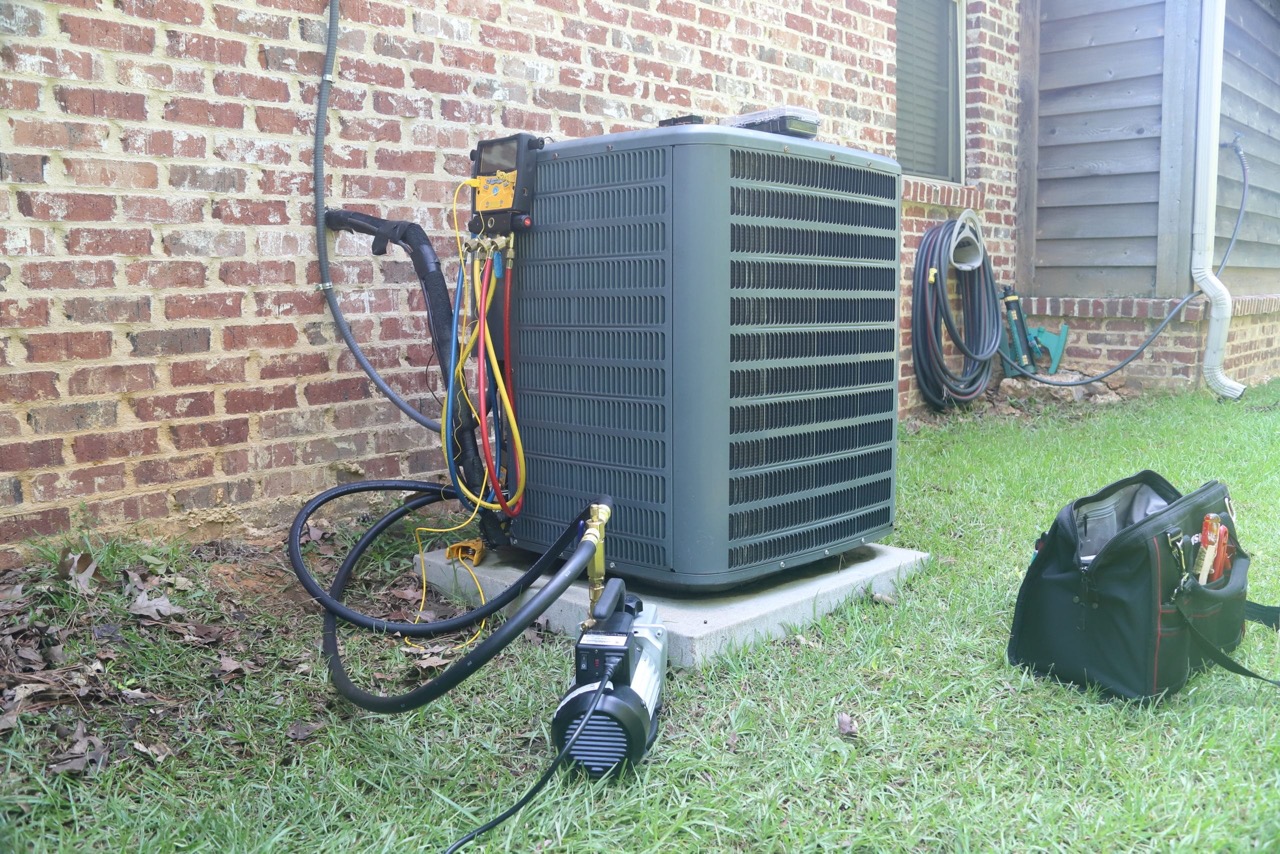

Articles
What Is Btu In AC
Modified: December 6, 2023
Learn about BTU in AC units and how it affects cooling power in this informative article. Discover the importance of BTU measurement in choosing the right air conditioning system for your needs.
(Many of the links in this article redirect to a specific reviewed product. Your purchase of these products through affiliate links helps to generate commission for Storables.com, at no extra cost. Learn more)
Introduction
Welcome to the world of air conditioning, where BTUs play a pivotal role in ensuring your comfort. If you have ever shopped for an air conditioner, you might have come across the term “BTU” and wondered what it actually means. Well, you’re in the right place! In this article, we will explore the world of BTUs in air conditioning systems and how they relate to your cooling needs.
BTU, an acronym for British Thermal Unit, is a unit of measurement used to quantify the amount of heat energy required to raise the temperature of one pound of water by one degree Fahrenheit. In the realm of air conditioning, BTUs are used to measure the cooling capacity of an AC unit. The higher the BTU rating, the more cooling power the unit possesses.
Understanding the concept of BTUs in air conditioning is essential when it comes to choosing the right AC unit for your space. Whether you are cooling a small bedroom, a large living room, or an entire house, knowing the appropriate BTU requirement is crucial.
The BTU rating of an air conditioner is directly proportional to the cooling power it can provide. For example, an AC unit with a higher BTU rating will be able to cool a larger area more efficiently compared to a unit with a lower BTU rating. However, it is essential to find the right balance, as an undersized or oversized AC unit can have negative consequences.
Key Takeaways:
- BTUs in air conditioning determine cooling capacity. Choosing the right BTU rating for your space ensures efficient cooling, lower energy bills, and a comfortable indoor environment.
- Undersized or oversized AC units lead to poor cooling, inefficient energy usage, and potential system damage. Consult a professional to select the right-sized AC unit for optimal performance.
Read also: 14 Amazing 5000 Btu AC for 2024
Definition of BTU
To delve deeper into the world of BTUs in air conditioning, let’s first understand what BTU actually means. As mentioned earlier, BTU stands for British Thermal Unit. It is a unit of measurement that quantifies the amount of heat energy required to raise the temperature of one pound of water by one degree Fahrenheit.
When it comes to air conditioning, BTUs are used to measure the cooling capacity of an AC unit. This measurement helps determine the efficiency and effectiveness of the air conditioner in cooling a particular space.
For example, if an air conditioner has a BTU rating of 10,000, it can cool 10,000 BTUs of heat energy per hour. The BTU rating indicates how quickly and effectively the AC unit can remove heat from the room to create a comfortable and cool environment.
It’s important to note that the BTU rating doesn’t directly correlate to the physical size of the air conditioner. While larger AC units may generally have higher BTU ratings, the two aren’t always directly proportional. Various factors, such as the efficiency of the cooling system, insulation, and the size of the space being cooled, also come into play.
Now that we have a clear understanding of what BTUs represent in air conditioning, let’s explore further how BTUs relate to the cooling process and how to determine the appropriate BTU requirements for an air conditioner.
How BTU Relates to Air Conditioning
When it comes to air conditioning, BTUs play a crucial role in determining the cooling capacity of an AC unit. The BTU rating of an air conditioner indicates how much heat energy it can remove from a room in a given time period.
As air conditioners operate, they absorb heat from the indoor air and transfer it outside, leaving behind cool air. The higher the BTU rating of an air conditioner, the more heat energy it can remove from the room, resulting in a faster and more effective cooling process.
Understanding how BTUs relate to air conditioning is essential in finding the right AC unit for your specific cooling needs. If you choose an AC unit with a BTU rating that is too low for your space, it may struggle to cool the area efficiently. On the other hand, if you opt for an AC unit with a BTU rating that is too high for your space, it could lead to excessive cooling, resulting in energy wastage.
It’s important to strike the right balance when it comes to BTU requirements for air conditioning. To determine the appropriate BTU rating for your space, you need to consider various factors such as the size of the room, insulation, the number of occupants, and the heat-generating appliances or electronics present in the area.
The general rule of thumb is that for every square foot of space, you would require approximately 20-30 BTUs. However, this is a rough estimate, and other factors may need to be taken into consideration. For example, a room with poor insulation or large windows may require a higher BTU rating, while a well-insulated room or a space with minimal heat sources may require a lower BTU rating.
By carefully considering the BTU requirements of your space, you can ensure that your air conditioner is capable of effectively and efficiently cooling the area, providing you with optimal comfort throughout the hot summer months.
Determining BTU Requirements for an AC
When it comes to determining the BTU requirements for an air conditioning unit, there are several factors to consider. By understanding these factors, you can ensure that you choose an AC unit with the appropriate BTU rating for your specific cooling needs.
The first factor to consider is the size of the room or space that needs to be cooled. Larger rooms or open-plan areas will require more BTUs to effectively cool the space. As a general guideline, you can estimate that for every square foot of space, you will need approximately 20-30 BTUs. However, it’s important to note that this is just a rough estimate and other factors must be taken into account.
The next factor to consider is the insulation of the room. Good insulation helps to keep the cool air inside and prevents the heat from infiltrating the space. If your room is well-insulated, it may require a lower BTU rating as the insulation helps retain the cool air. On the other hand, if the room has poor insulation or large windows that allow heat to enter, a higher BTU rating may be necessary to compensate for the additional heat load.
Another important factor to consider is the number of occupants in the space. The body heat produced by each individual can contribute to the overall heat load of the room. As a general rule, you can add approximately 600 BTUs per person to account for the heat generated by their presence.
Additionally, factors such as the presence of heat-generating appliances, electronics, and lighting should be taken into consideration. These items can contribute to the overall heat load of the room and may require additional BTUs to maintain a comfortable temperature.
It’s also important to consider the climate and weather conditions in your area. If you live in a region with extremely hot summers, you may need an AC unit with a higher BTU rating to handle the higher heat load.
When determining the BTU requirements for an AC unit, it’s best to consult with a professional HVAC technician. They can perform a thorough assessment of your space and take into account all the necessary factors to determine the most suitable BTU rating for your air conditioning needs.
By carefully considering the size of the room, insulation, the number of occupants, heat-generating appliances, and the climate conditions, you can ensure that your AC unit will provide optimal cooling performance and energy efficiency for your specific space.
When it comes to air conditioning, understanding BTU (British Thermal Units) is important. BTU measures the cooling capacity of an AC unit – the higher the BTU, the larger the area it can cool effectively. Be sure to match the BTU of the AC unit to the size of the room for optimal performance.
Factors Affecting BTU Requirements
When determining the BTU requirements for an air conditioning unit, there are several factors that can influence the overall cooling needs of a space. Understanding these factors will help ensure that you select an AC unit with the appropriate BTU rating for optimal comfort and energy efficiency.
1. Room Size: The size of the room or space is one of the primary factors that affect BTU requirements. Larger rooms require more BTUs to effectively cool the area, while smaller rooms will need fewer BTUs. As a general guideline, you can estimate that for every square foot of space, you will need approximately 20-30 BTUs. However, other factors should also be considered.
2. Insulation: The level of insulation in the room plays a significant role in BTU requirements. Good insulation helps retain the cool air and prevents heat from infiltrating the space. If the room is well-insulated, it may require a lower BTU rating. Conversely, if the room has poor insulation or large windows that allow heat to enter, a higher BTU rating may be necessary to counteract the additional heat load.
3. Number of Occupants: The number of people occupying the space also influences BTU requirements. Each person produces body heat, which contributes to the overall heat load. As a general rule, you can add approximately 600 BTUs per person to account for the heat generated by their presence.
4. Heat-Generating Appliances and Electronics: The presence of heat-generating appliances, such as refrigerators, ovens, and computers, can significantly impact BTU requirements. These appliances produce heat that adds to the overall heat load in the room. It’s important to consider the total BTU output of all these devices and factor them into your AC unit selection.
5. Climate and Weather Conditions: The climate and weather conditions in your region also impact BTU requirements. If you reside in an area with hot and humid summers, you may need an AC unit with a higher BTU rating to handle the increased heat load. On the other hand, if you live in a milder climate, a lower BTU rating may be suitable.
6. Sun Exposure: The amount of sun exposure the room receives throughout the day can affect BTU requirements. Rooms that receive direct sunlight for long durations may require a higher BTU rating to counteract the solar heat gain.
By considering these factors, you can determine the appropriate BTU requirements for your air conditioning unit. It’s recommended to consult with an HVAC professional who can perform a thorough assessment of your space and take into account all the relevant factors to ensure optimal cooling performance and energy efficiency.
Read more: How Many Btu AC Do I Need
Consequences of Undersized or Oversized AC Unit
Choosing the right size of air conditioning unit is crucial for ensuring optimal comfort and energy efficiency. Both undersized and oversized AC units can have negative consequences that can affect your overall cooling experience. Let’s explore the consequences of each scenario:
Undersized AC Unit:
When you install an AC unit that is undersized for the space you want to cool, it won’t be able to meet the cooling demands effectively. Here are the consequences of using an undersized AC unit:
- Poor Cooling Performance: An undersized AC unit will struggle to cool the space adequately, especially during hot summer days. It may not be able to maintain a comfortable temperature, leaving the room feeling warm and humid.
- Inefficient Energy Usage: An undersized AC unit will need to work harder and run for longer periods to attempt to cool the space, leading to inefficient energy usage. This can result in higher energy bills and increased wear and tear on the system.
- Shortened Lifespan: The constant strain on an undersized AC unit can lead to premature wear and tear, potentially reducing its lifespan. This may result in the need for more frequent repairs or even early replacement.
Oversized AC Unit:
While it may seem counterintuitive, an oversized AC unit can also have negative consequences. Here are the consequences of using an oversized AC unit:
- Inefficient Energy Usage: An oversized AC unit may cool the space quickly, but it will tend to cycle on and off frequently. This leads to inefficient energy usage as the system repeatedly starts and stops, wasting energy and increasing utility bills.
- Inconsistent Temperature: An oversized AC unit may cause temperature swings and inconsistent cooling throughout the space. It can cool the room too quickly, reaching the thermostat setpoint before effectively dehumidifying the air. As a result, you may experience a cool but clammy indoor environment.
- Increased Humidity: An oversized AC unit may not have enough running time to effectively remove humidity from the air. This can lead to higher indoor humidity levels, which can make the space feel uncomfortable and promote mold and mildew growth.
Both undersized and oversized AC units can lead to discomfort, inefficient energy usage, and potential damage to the system. It’s essential to ensure that you select an AC unit with the appropriate BTU rating for your space to avoid these consequences.
Consulting with a professional HVAC technician is recommended to accurately assess your cooling needs and determine the right-sized AC unit for your specific space. By choosing the right-sized AC unit, you can enjoy consistent comfort, energy efficiency, and a longer lifespan for your air conditioning system.
Conclusion
Understanding the concept of BTUs in air conditioning is essential for selecting the right AC unit to provide optimal comfort and energy efficiency. The BTU rating of an air conditioner indicates its cooling capacity and determines how effectively it can remove heat from a space.
When determining BTU requirements, factors such as room size, insulation, number of occupants, heat-generating appliances, and climate should be considered. By taking these factors into account, you can ensure that you select an AC unit with the appropriate BTU rating for your specific cooling needs.
An undersized AC unit will struggle to cool the space adequately and can lead to poor cooling performance, inefficient energy usage, and a shortened lifespan. On the other hand, an oversized AC unit may cool the space quickly but can result in inconsistent temperature, increased humidity, and inefficient energy usage.
To avoid the consequences of both undersized and oversized AC units, consulting with a professional HVAC technician is recommended. They can assess your space and provide guidance on selecting the right-sized AC unit for optimal performance.
Choosing the right BTU rating for your air conditioning unit will ensure that you stay cool and comfortable throughout the hot summer months while avoiding unnecessary energy wastage. By striking the right balance and considering all relevant factors, you can enjoy efficient cooling, lower energy bills, and a pleasant indoor environment.
In conclusion, BTUs play a crucial role in air conditioning systems. Understanding how they relate to cooling, determining BTU requirements, and considering the consequences of undersized or oversized AC units will empower you to make informed decisions when it comes to choosing the right AC unit for your space.
Frequently Asked Questions about What Is Btu In AC
Was this page helpful?
At Storables.com, we guarantee accurate and reliable information. Our content, validated by Expert Board Contributors, is crafted following stringent Editorial Policies. We're committed to providing you with well-researched, expert-backed insights for all your informational needs.
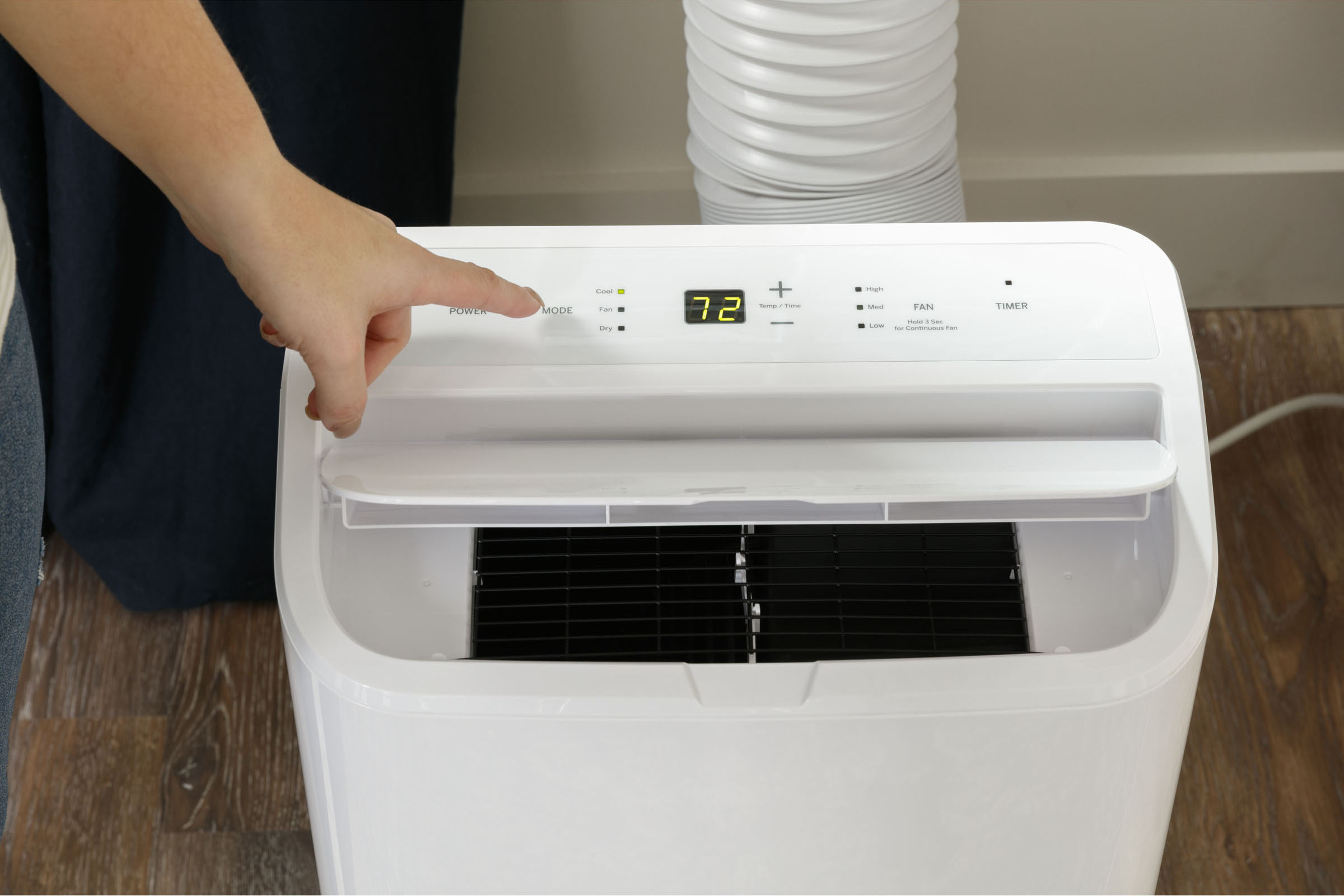
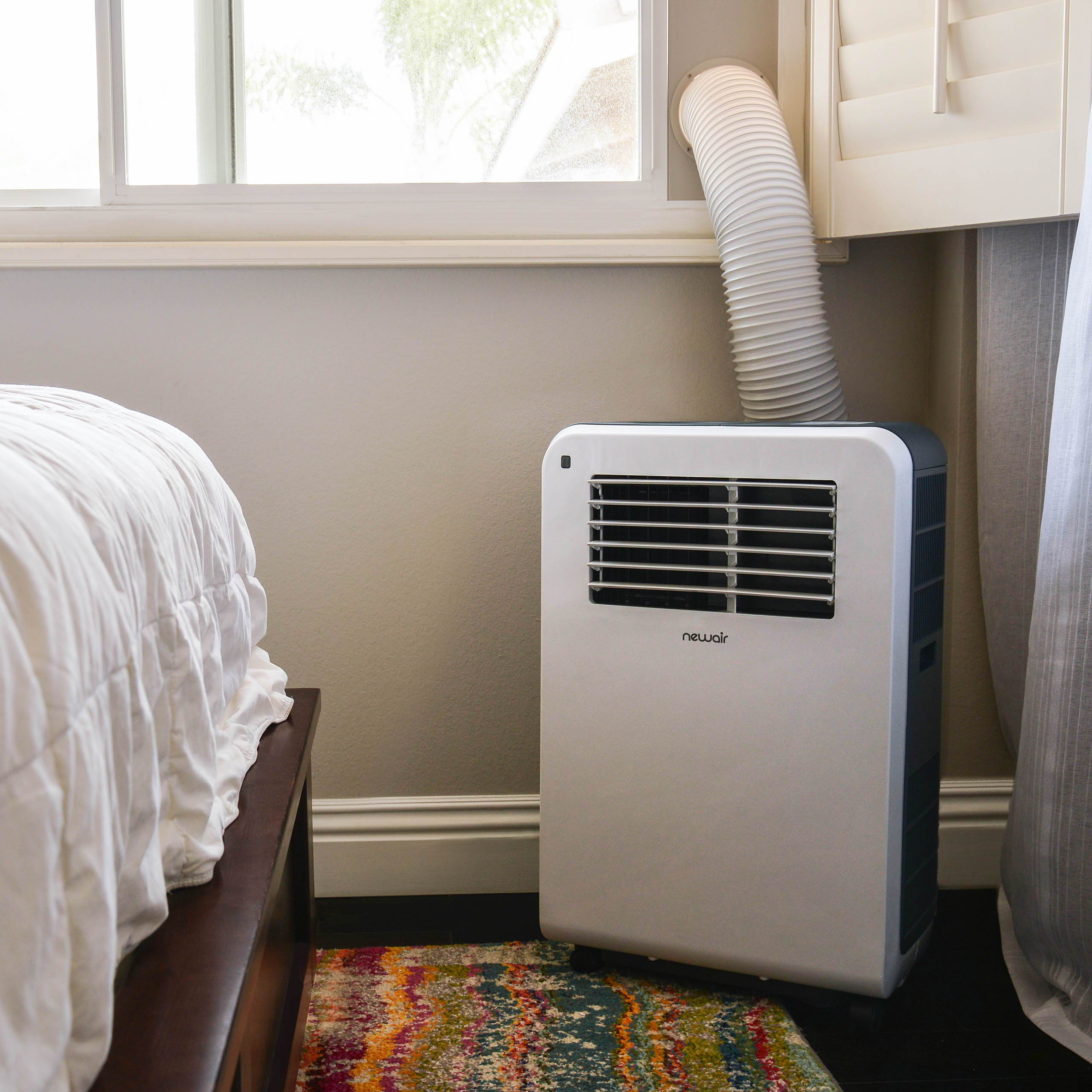
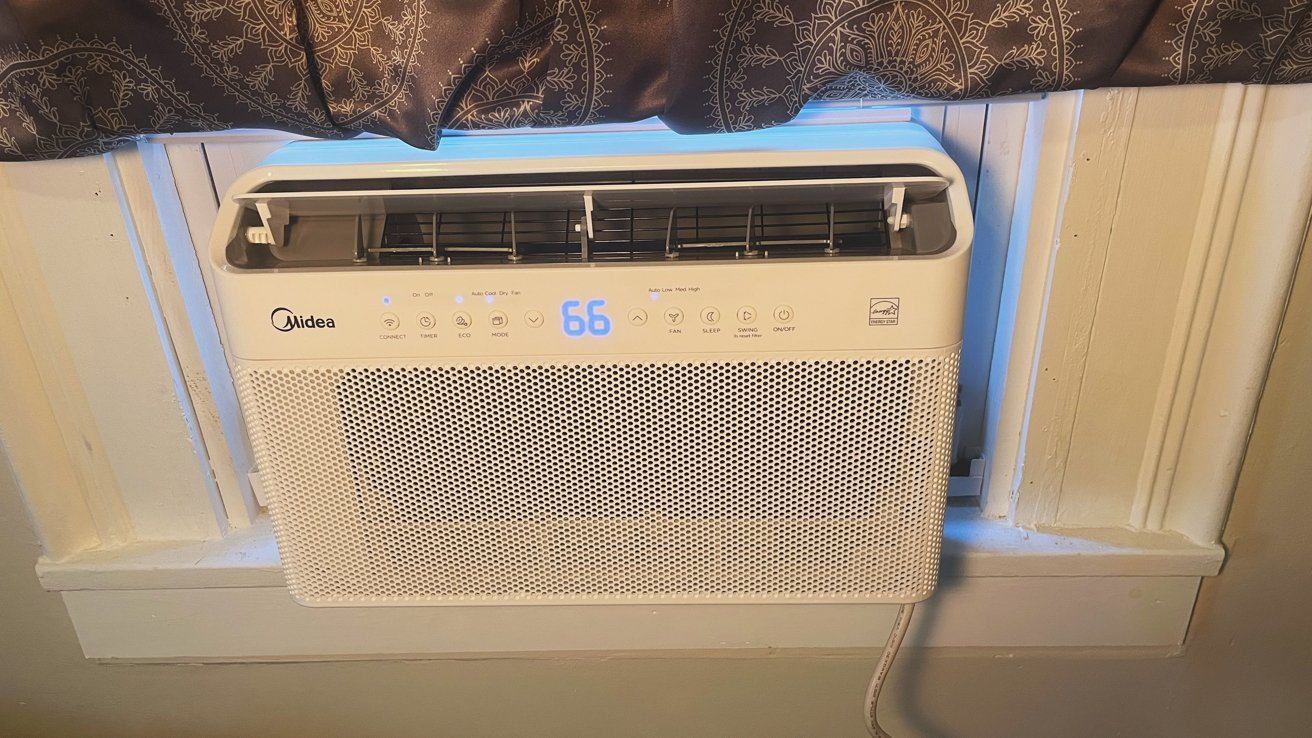
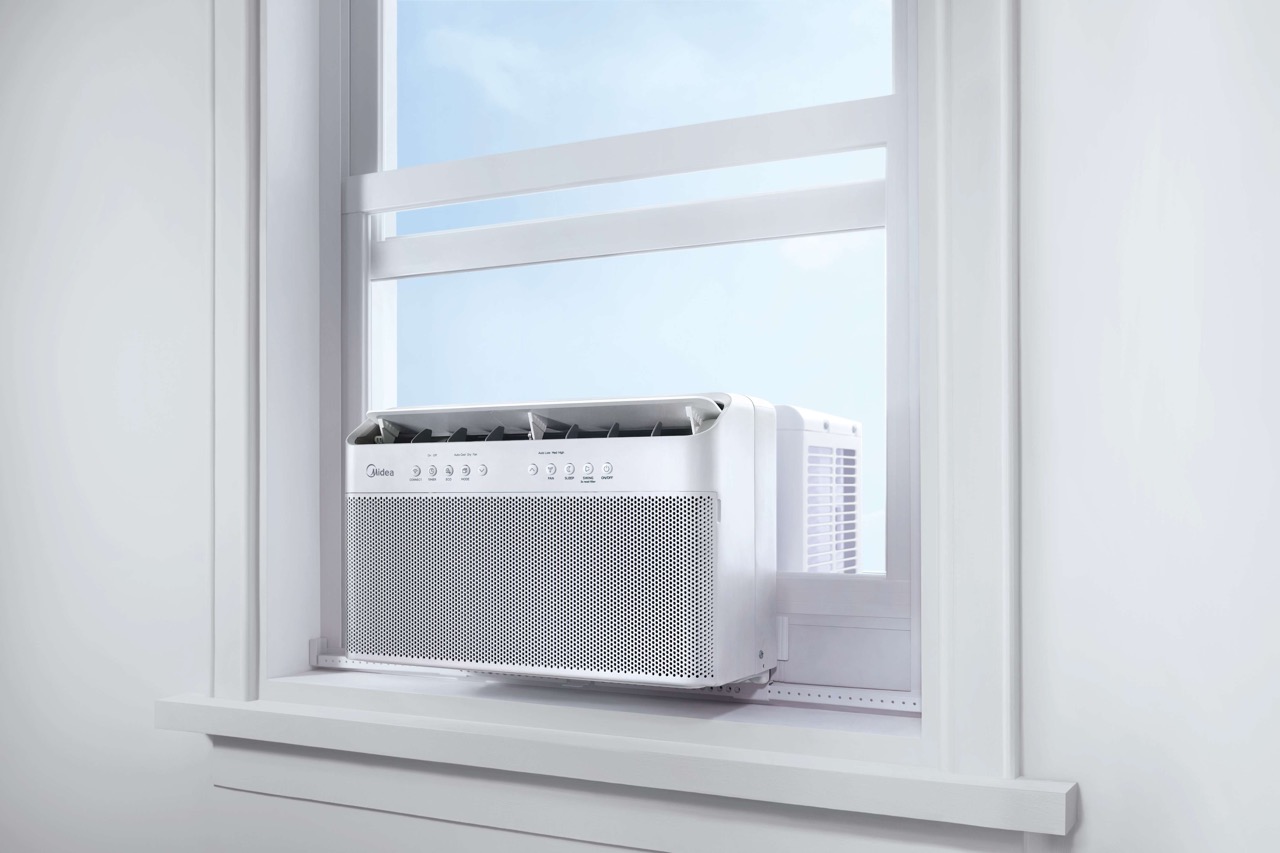
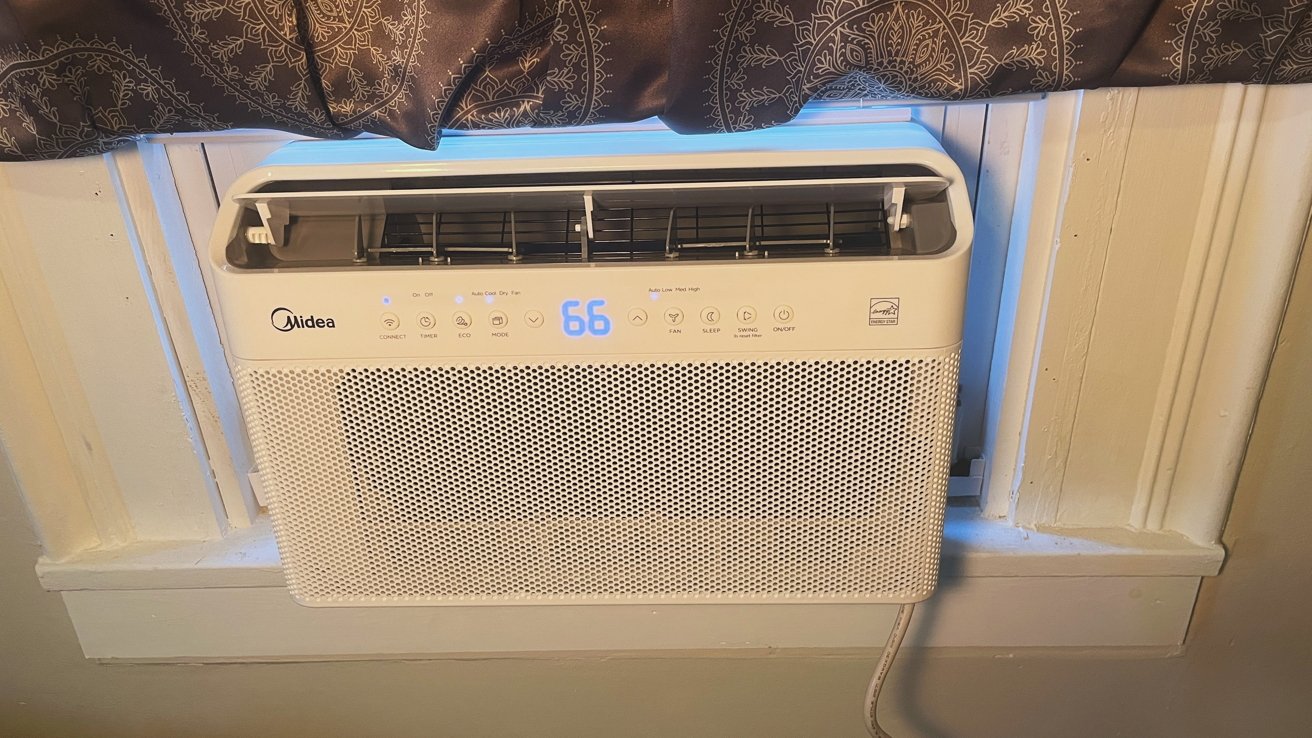
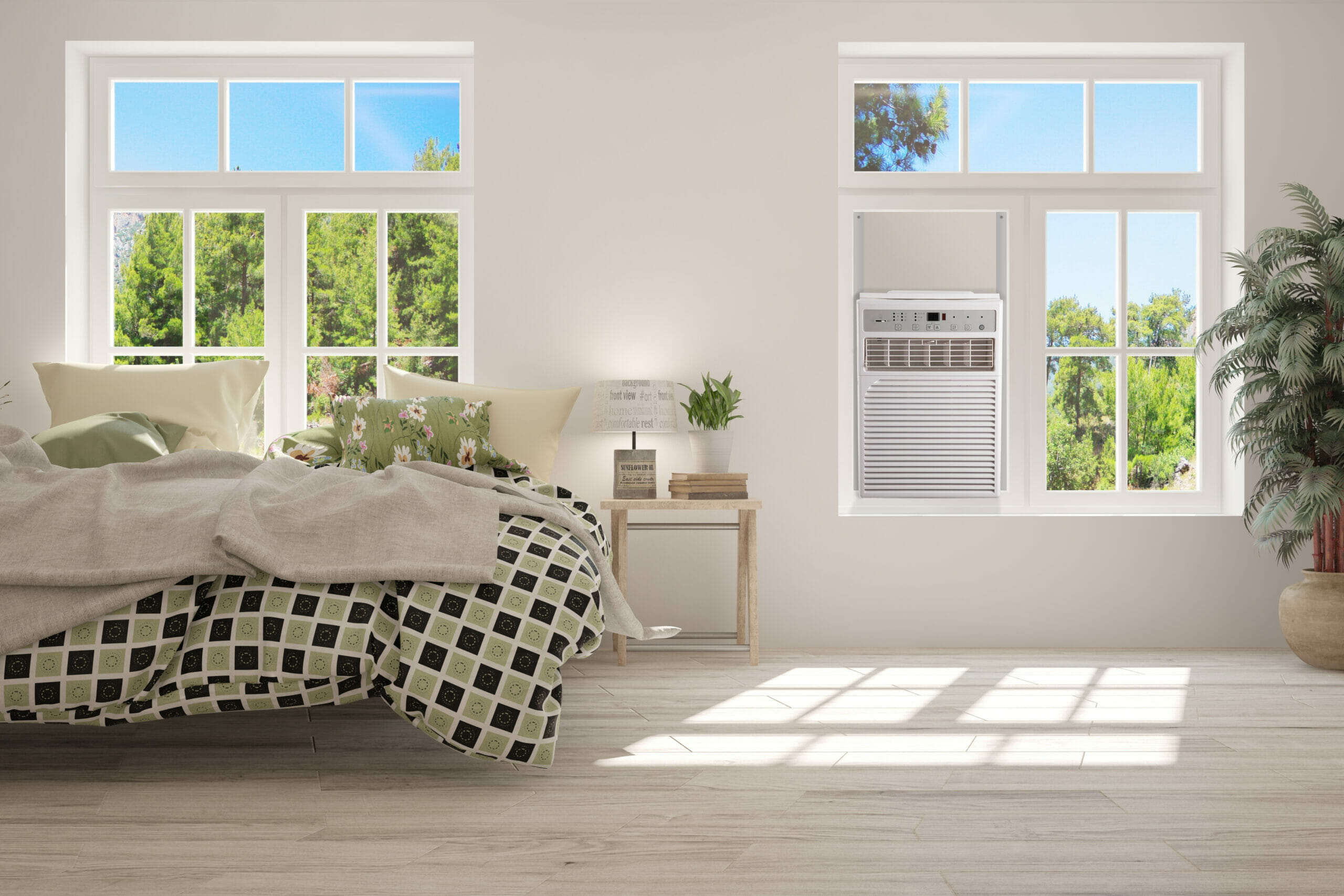
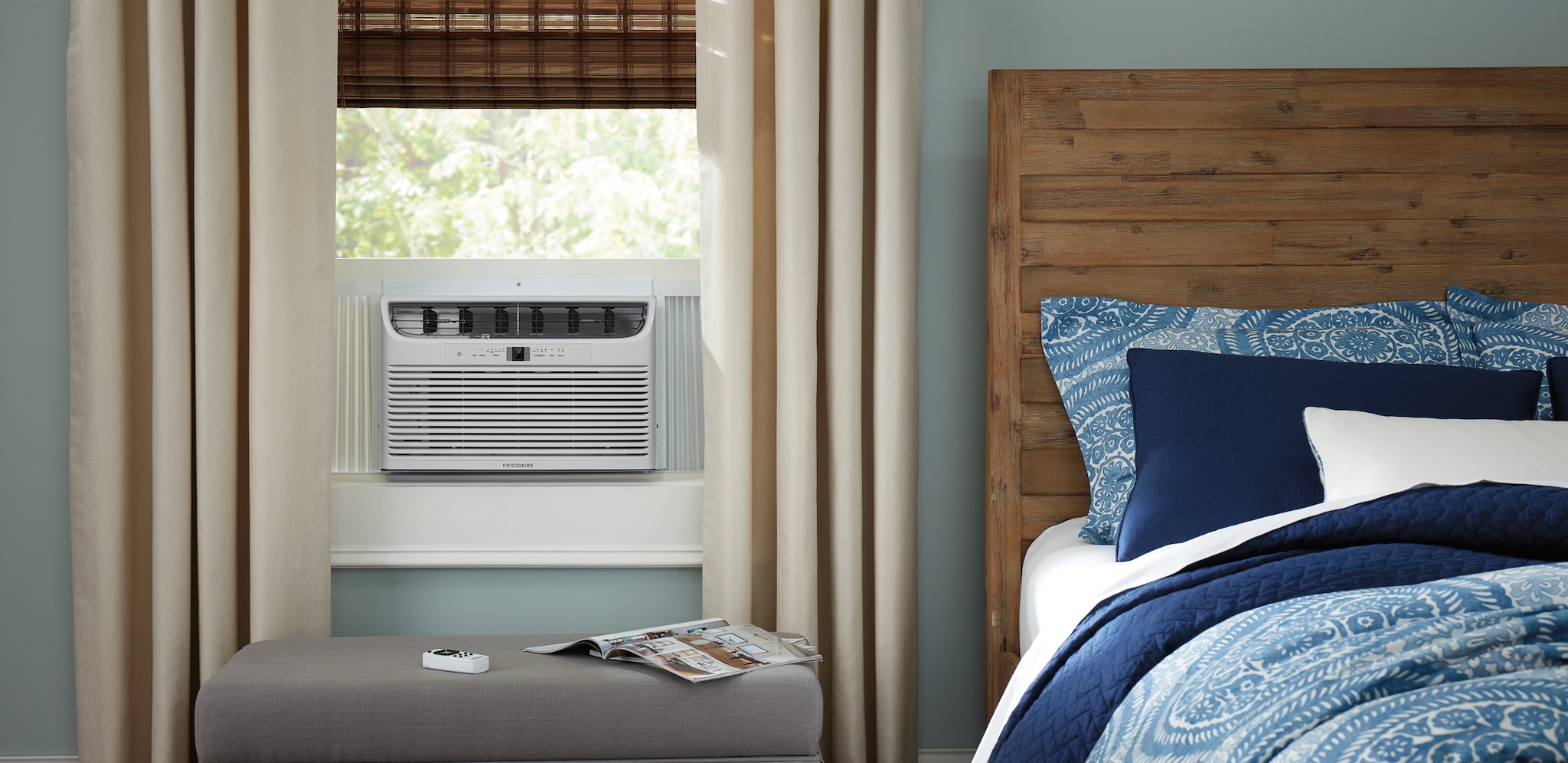
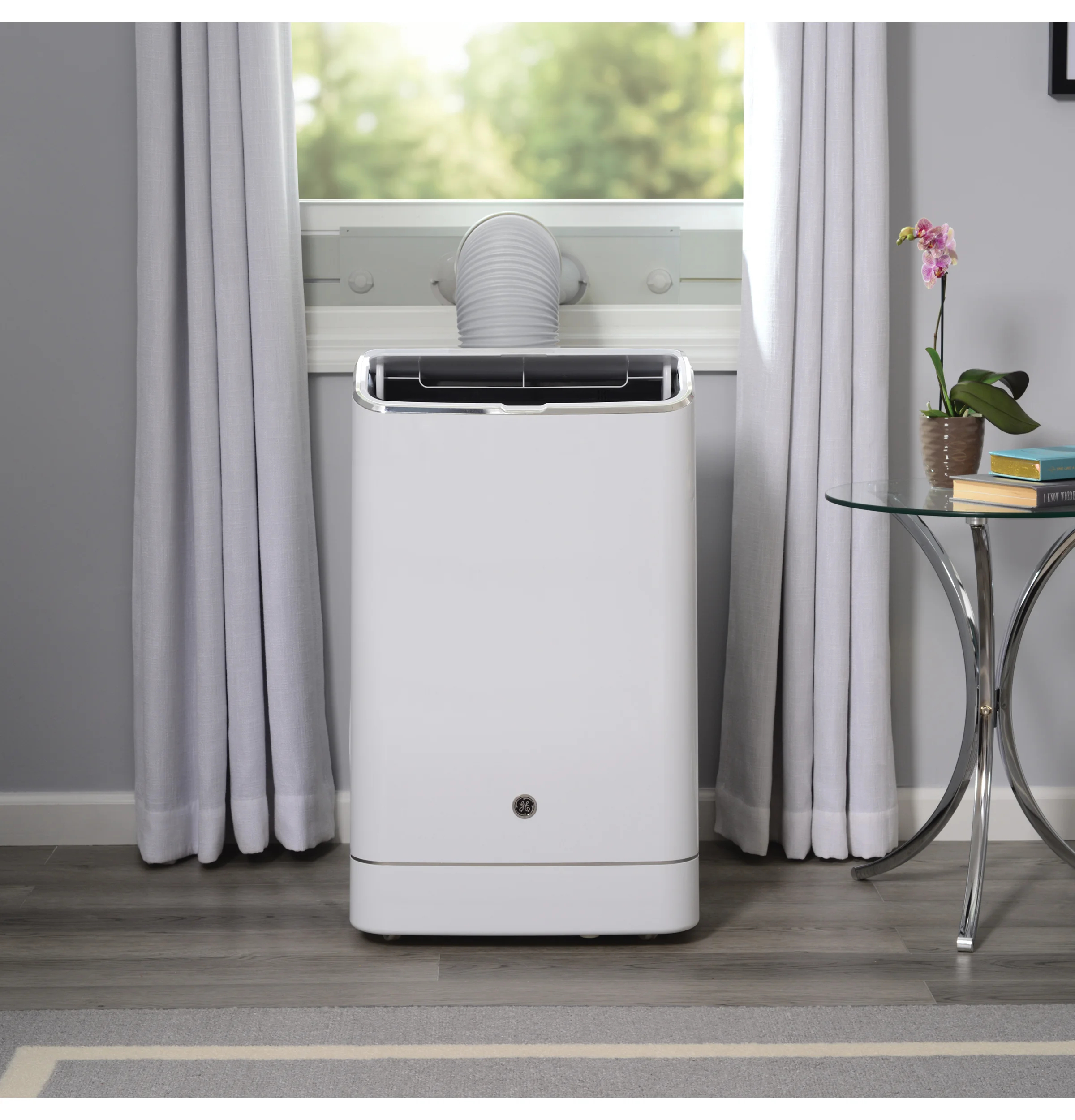
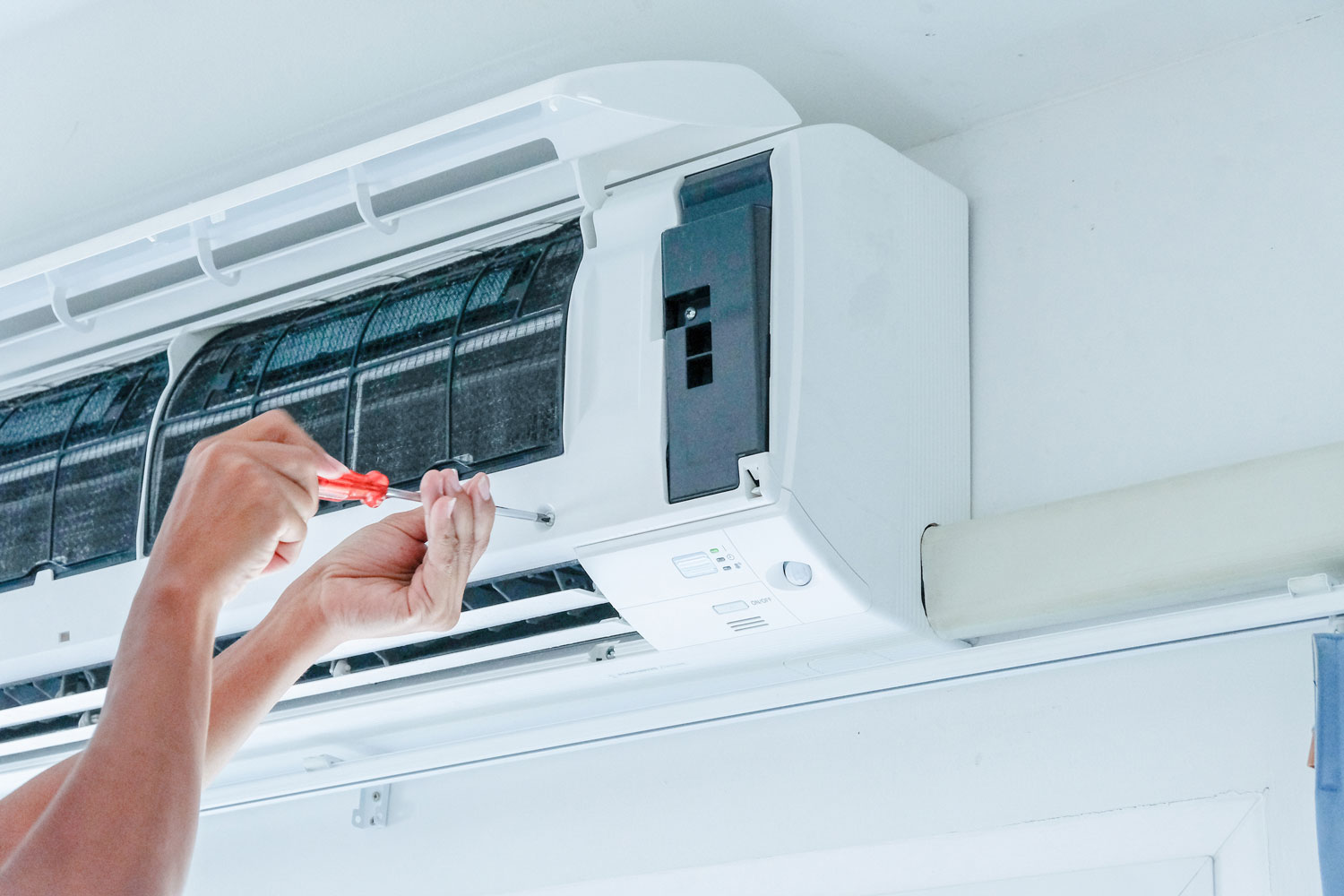
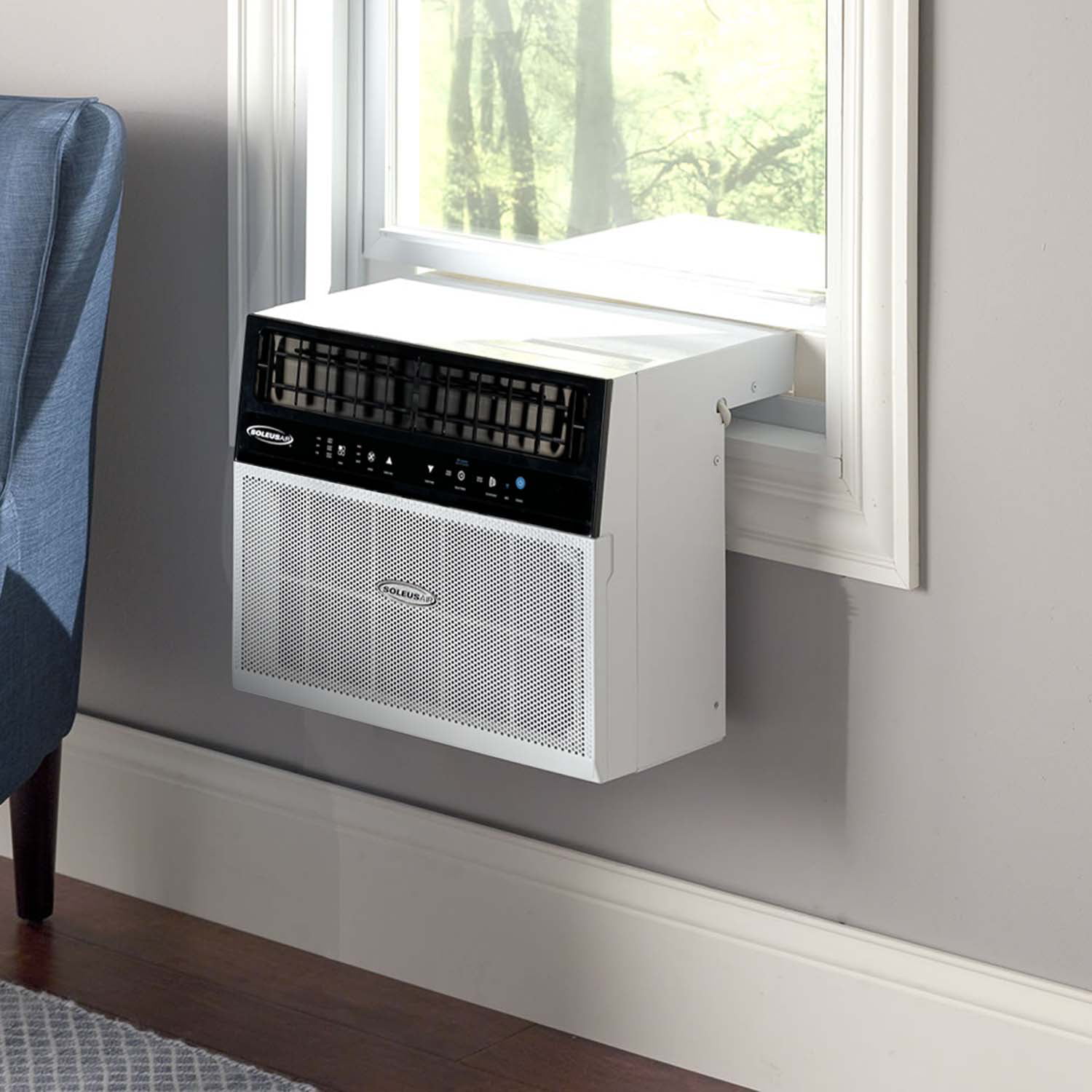
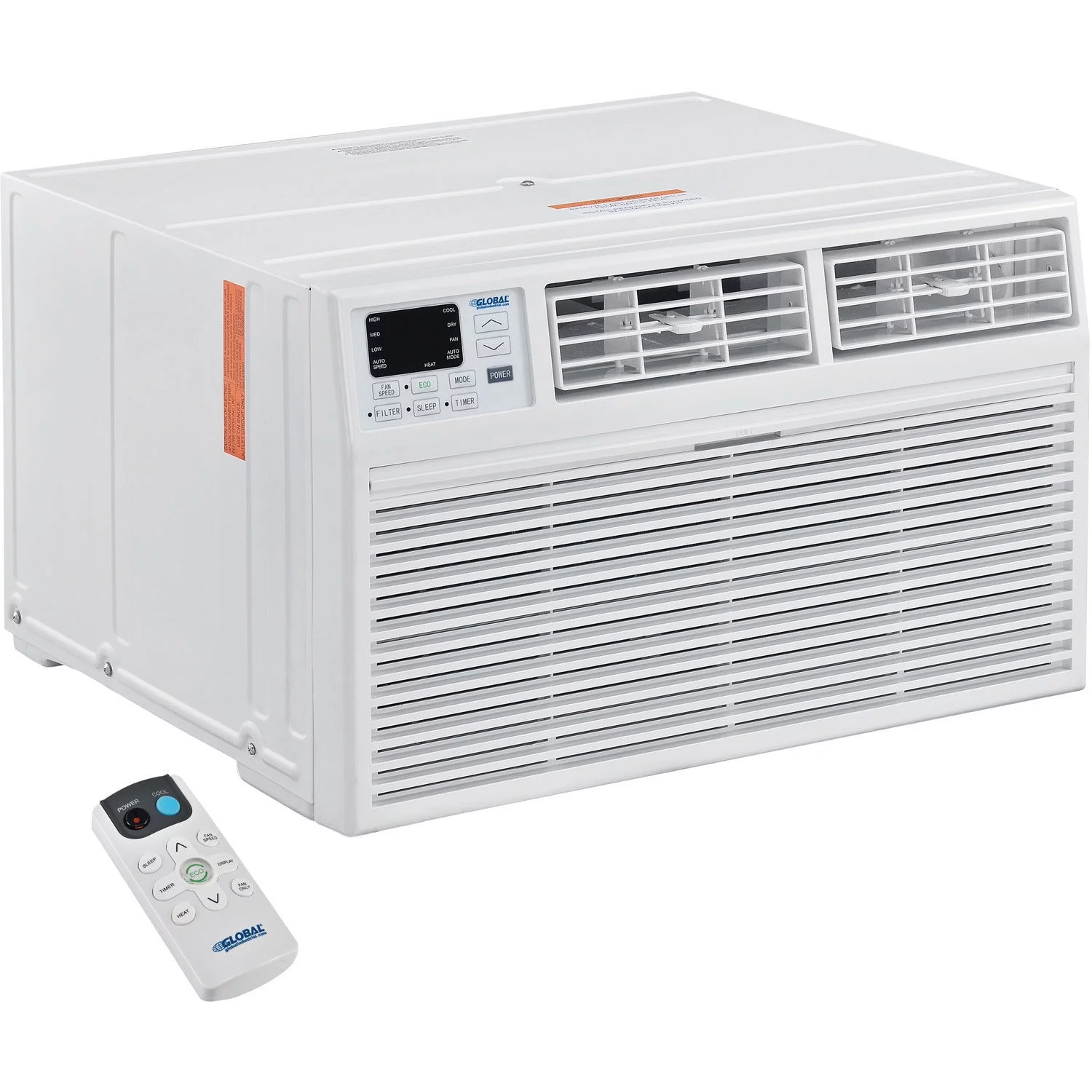
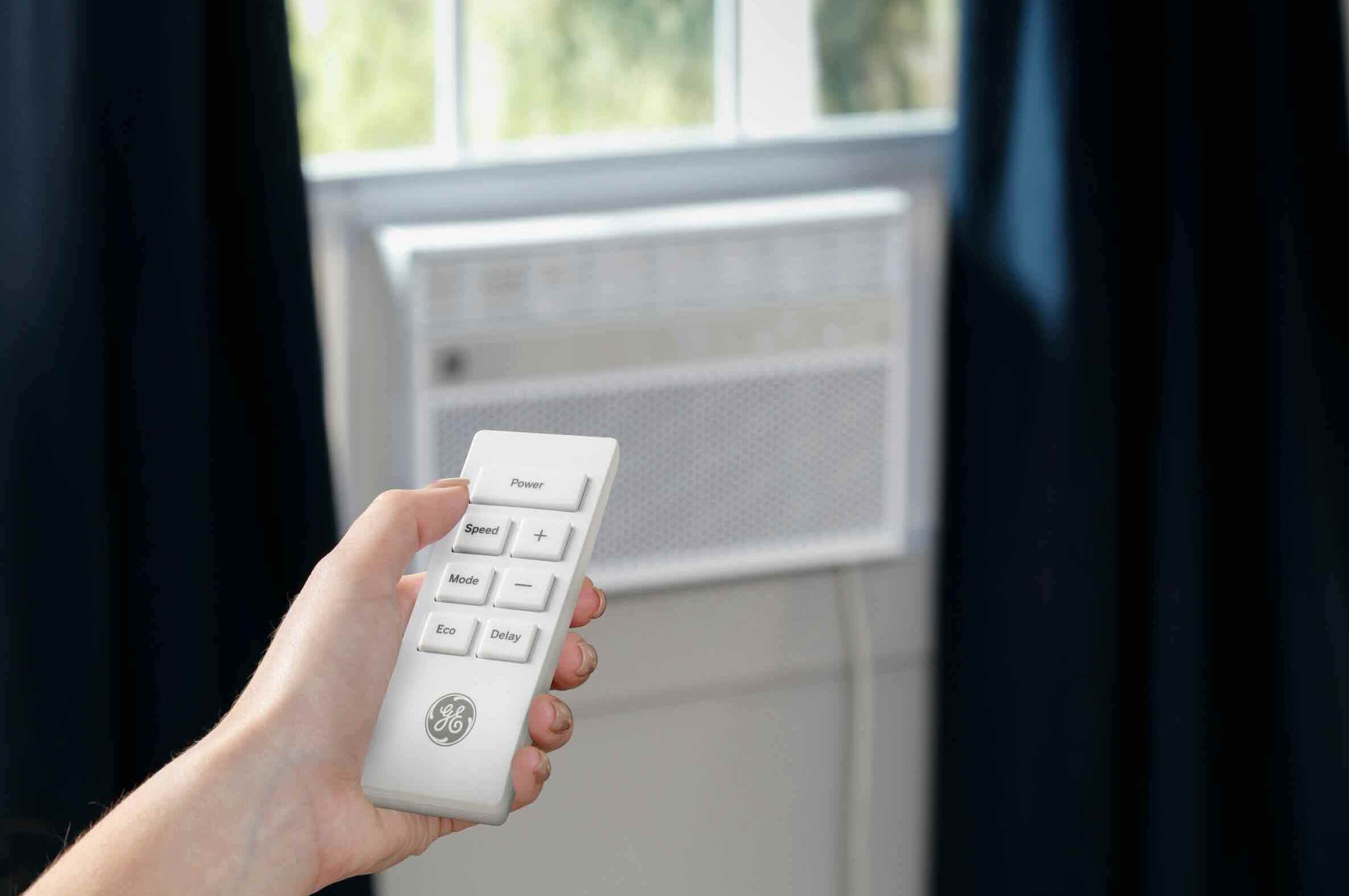
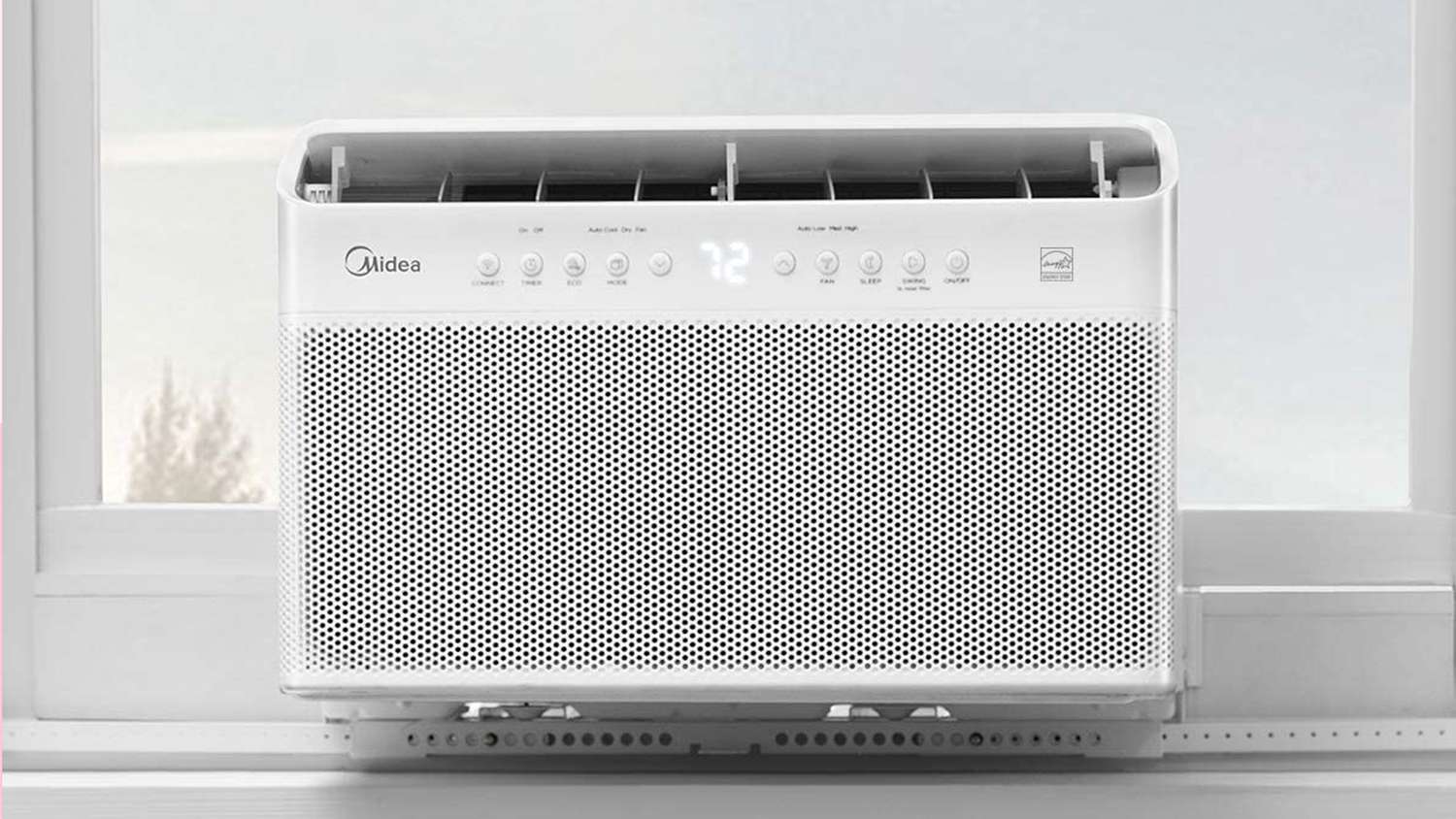
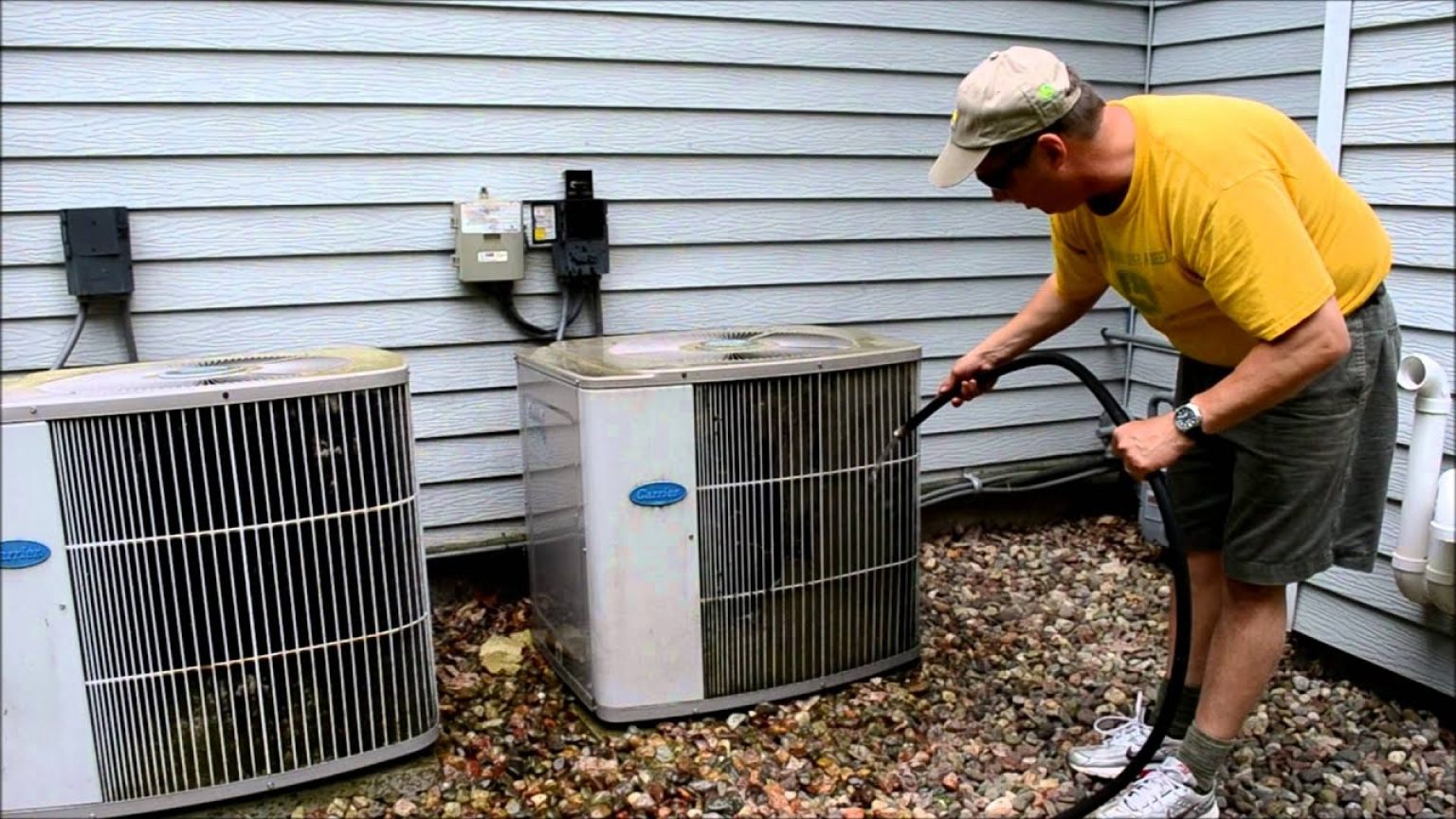

0 thoughts on “What Is Btu In AC”